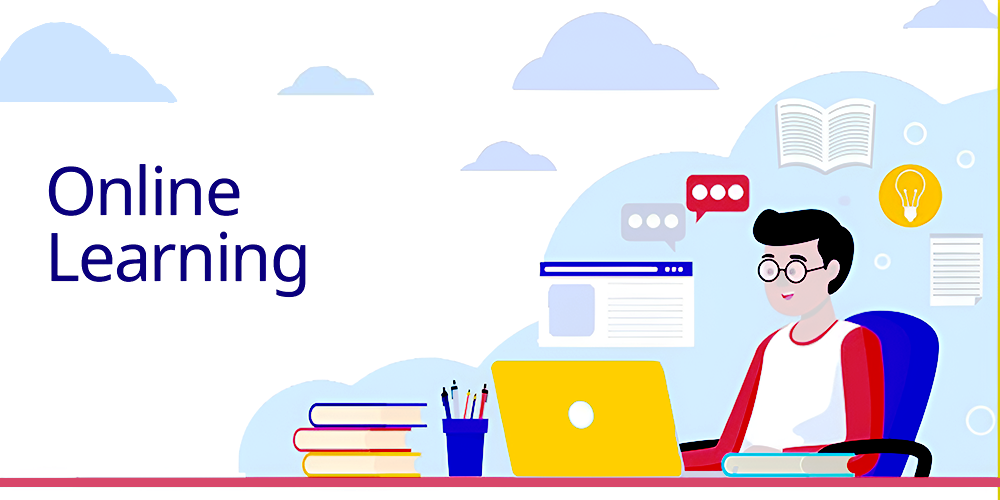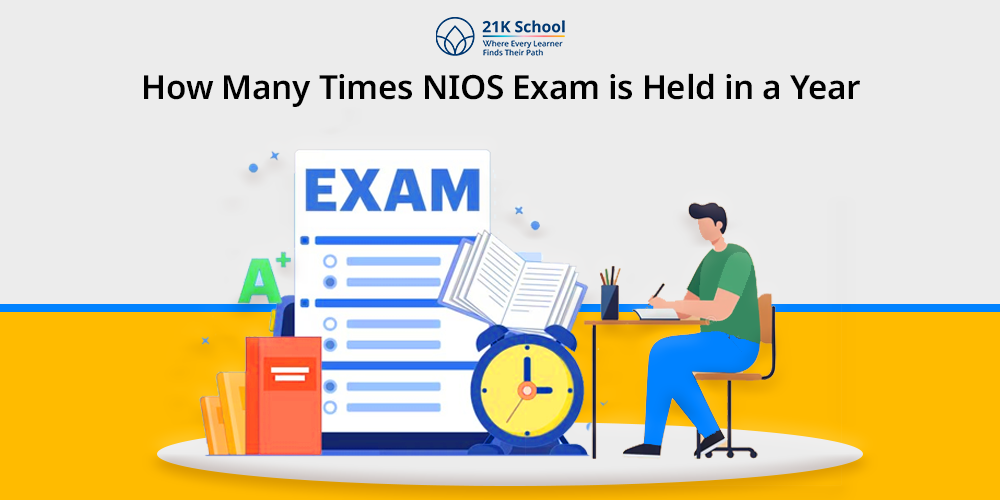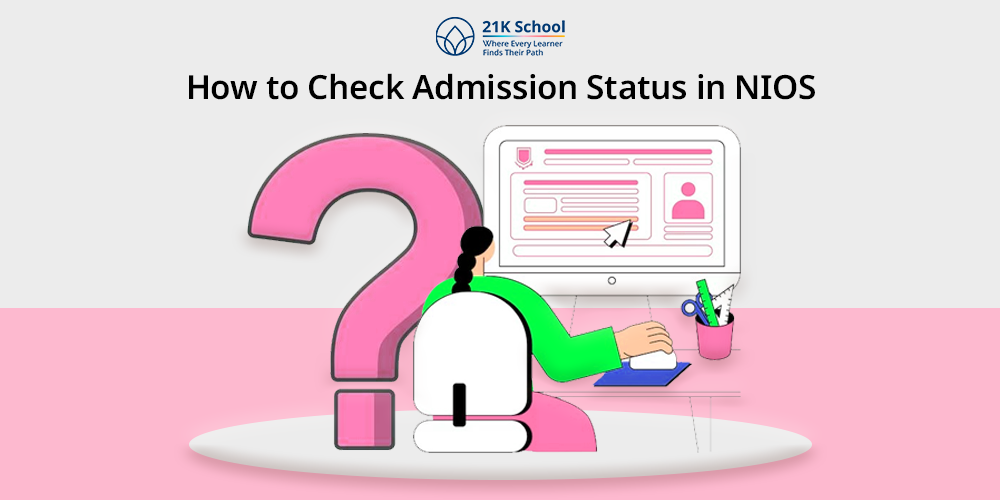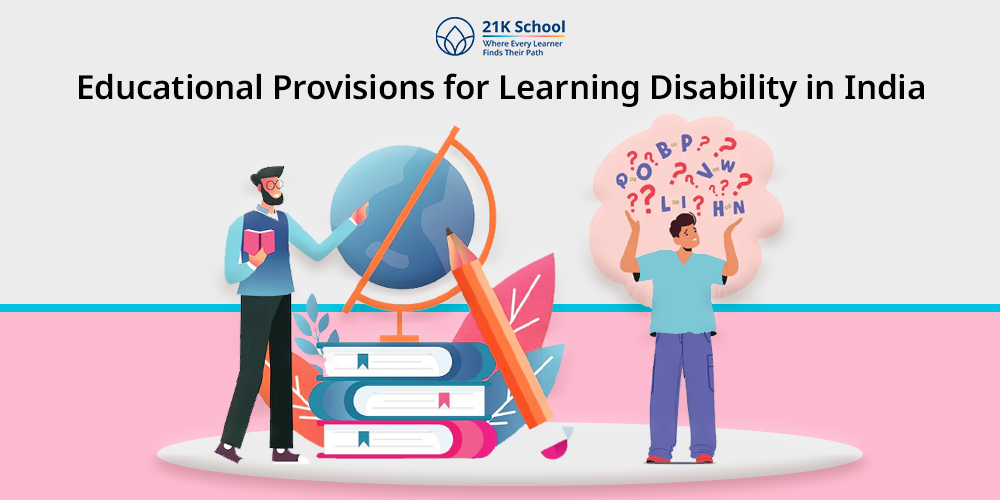
Online learning has become a very integral part of modern education which offers unparalleled flexibility and access to knowledge for students.
Whether a college student or a lifelong learner, online education can transform journeys for everyone fitting into your lifestyle and creating a tailored experience for you at the convenience of your home.
Without a structured approach towards online learning it can be overwhelming to connect with the virtual world as it requires a high degree of self discipline, time management and adaptability.
Here’s a detailed blog on : How Can Students Improve Time Management Skills
In order to stay motivated in online learning there are some effective tips that can be followed for online learning success.
Further in this article we will be discussing the practical and actionable tips that can help us students in improving their learning experience and creating a productive environment for themselves to ensure success.
Contents
10 Effective Tips for Online Learning Success
1. Set Up a Dedicated Study Space
Only a well organised studies space can create an accurate amount of concentration power in students which will ultimately have a significant impact on the learning journey.
It is suggested for students to choose a quiet area with good lighting which is distraction free and far away from household interruptions.
For students it is also important to set up a dedicated study space and create a list of all the necessary supplies to keep nearby such as notebook pens, device charges and devices.
Parents can even consider personalizing the space for their children to motivate them to spend time there and not feel overly stimulated with the environment.
2. Ensure Reliable Internet and Tools
There are certain things that need to be properly checked before starting their learning journey, one of them is ensuring a stable internet connection.
It is also very crucial to understand that in order to have a seamless online learning experience students should keep an eye on their tools and ensure that they are investing in all the reliable hardware that is functional such as laptop, tablets and software that is up to date.
Students can family guys themselves with the platforms and tools that are to be used in classrooms such as zoom, Google classrooms or Microsoft team to avoid all the technical hiccups.
3. Manage Your Time Wisely
Time management is very important for students and especially in the online learning dynamics it becomes more important to manage time wisely.
In order to maintain a routine and follow that self discipline is very important where it is suggested for students to allocate specific time slots for studying, assignments and relaxation.
This planning can structure a student’s day and avoid procrastination for them ultimately helping them to stay on track.
We have to understand The Importance of Time Management for Students.
Some of the tools that a student can use to plan are: digital calendars, trello and Google classrooms.
4. Set Realistic Goals
Every student should have goals — goals that are achievable and realistic.
Setting achievable goals help students in maintaining motivation where they can break larger objectives into smaller and manageable tasks and reward themselves accordingly to stay motivated and focused for the bigger picture.
Consider a situation where a student can aim to complete an entire course in a week, just as it seems it’s very difficult but, a student can focus on finishing a module per day ultimately completing the course with greater understanding.
5. Stay Focused
Distractions are abundant especially for students who are studying online. Everything is distractive from screen to household interventions.
Using techniques like Pomodoro technique which suggest students to study for 25 minutes and take a 5 minute break to enhance concentration can make a lot of changes in the regular habit of a student in order to stay focused.
There are certain other things that students can do to stay focused where they can turn off notifications and notify their family members regarding their commitment to the time for studying.
They can also consider using apps like freedom and forest to block distracting websites on their devices.
6. Take Regular Breaks
It is believed that continuous study can lead to burnout.
Students can incorporate start breaks into their schedule to relax and recharge in between the learning.
This time can be utilised for them to stretch, hydrate and take a quick walk which can improve focus, productivity and ensure that the student doesn’t feel overweight by the workload.
7. Engage Actively
Active participation in online classrooms enhances learning experience for students where they question, join discussions and interact with their classmates to understand better.
These activities help students and develop communication skills contributing to their overall social and emotional well being.
Students can take detailed notes during lectures which they can review later to reinforce their understanding and also it keeps the mentally involved during the classroom lectures ensuring better knowledge retention.
8. Build Connections
Online learning helps students in building connections with their instructors and peers individually in the virtual environment.
This relationship builds a sense of belongingness in students where they can join studies groups and attend virtual office hours.
It provides academic support to students enhancing their collaboration skills and building more meaningful connections and friendship.
9. Use Online Resources
Students can take advantage of the resources available online in the forms of ebooks and video tutorials on the website.
There are certain tools that supplement the learning process for a student like practice tests and educational websites.
Students can also take advantage of the online learning platforms like Khan academy, Coursera and Udemy to deepen their understanding of complex topics.
Here’s a detailed list of : virtual learning platforms
10. Take Care of Yourself
Students’ health is most important when it comes to their academic success thus, It is very important for students to maintain a balanced lifestyle.
In order to maintain a balanced lifestyle, students should prioritize their silly and eat nutritious meals regularly with proper exercise.
Students can also consider practicing mindfulness techniques such as meditation in yoga to reduce stress and improve focus in study.
Conclusion
Online learning is a very incredible opportunity for students where they can blend flexibility of technology with the pursuit of knowledge to succeed in this dynamic learning environment with a proactive and disciplined approach.
The strategies are very simple when it comes to managing time effectively and getting engaged in a classroom activity but the foundation to online education is self discipline.
It is also important for a student to remember that challenges are the part of the process and they can theatre to every situation with mindfulness and a positive mindset.
Online learning is not just an alternative to traditional classroom learning; rather it is a gateway to the endless possibility of embracing flexibility and adaptability in a form of lifelong learning.



